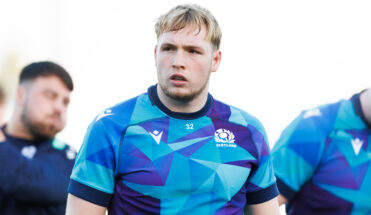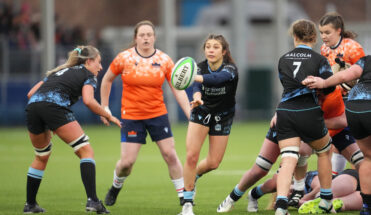Scottish Rugby Player Survey
Scottish Rugby has conducted its most in-depth survey to date and is encouraging clubs to share the report with their members and consider how the findings may influence future competition structures. Conducted in spring 2015 the survey, which received responses from approximately 10% of the adult playing population, investigated who was playing rugby, what their motivations were and what factors would contribute to them continuing to play.The survey, in conjunction with Edinburgh Napier University, was commissioned to look at factors relating to two main issues emerging from participation trends – the loss of players when transitioning from youth to adult rugby and ensuring fixtures can be fulfilled on a consistent basis, especially at 2nd and 3rd team level.The findings revealed the game needed to be ready to adapt to enable players to retain their connection with the game. A Reserve Team Working Party was set up and has made recommendations to clubs to try and address the unfulfilled fixtures.Nick Rennie, Head of Club Services at Scottish Rugby said: “Society has changed and people have changed since we first launched official leagues back in the 1970s. On the back of Scotland’s performance at the Rugby World Cup we want to capture that interest and welcome new people to the game, and also ensure those who already enjoy rugby can continue to do so.”We are well aware of the pressures on people’s time and want to continue to make social rugby, which makes up the vast majority of people’s experience of the game, an enjoyable and rewarding activity.As a result we need to have a genuine dialogue about introducing more flexibility into our rugby structures, be that time of year, length of the season or even days in week when games could be played to keep people in our game.”Respondents to the survey reported playing rugby for social, fitness and competitive reasons, with the camaraderie of the game being one of the key factors.Players were loyal to their club and expected to have at least a 20-year association with rugby before they expected time pressures and injuries to dictate whether they would continue. A typical player in reserve or regional leagues was in their mid-20s, started playing before the age of 15, went to college or university and with 80% reporting attending a state school.Annual playing statistics reveal that 43% of 17 year olds did not progress to adult rugby. This has led to a project being developed to monitor, track and, where necessary, place up to 300 players who have just left youth or schools rugby to monitor and support their transition into adult rugby. Maintaining and growing the player population remains a priority for Scottish Rugby and it has programmes and structures in place to build on the recent success of increasing participation among students.This sector grew by nearly 20% last year. With over 63% of state school leavers going into further or higher education this is a key target to retain young people in the game during a period of major change in their lives.Work is underway already with seven further/higher education institutions now having someone with specific responsibility for developing rugby; these positions are supported by two members of staff from Scottish Rugby’s student and adult participation department. Rugby’s values remained attractive to players today according to the survey and were a factor in retaining players throughout adult life. To see the full survey please click here.
Tags
Related news

Emerging Scotland squad named for the weekend

Celtic Challenge 2024/25 squads named

Change in details for Arnold Clark Women’s Premiership final

2024 National Youth Cup finalists named

Emerging Scotland squad named for Italy match this weekend

Arnold Clark Premierships feature match: Accies v Heriot’s

Scotland confirm 2025 summer match against Māori All Blacks

Former CEO of SP Energy Networks joins Scottish Rugby Limited Board

Boys Schools Cup Final matches set for grandstand finish






